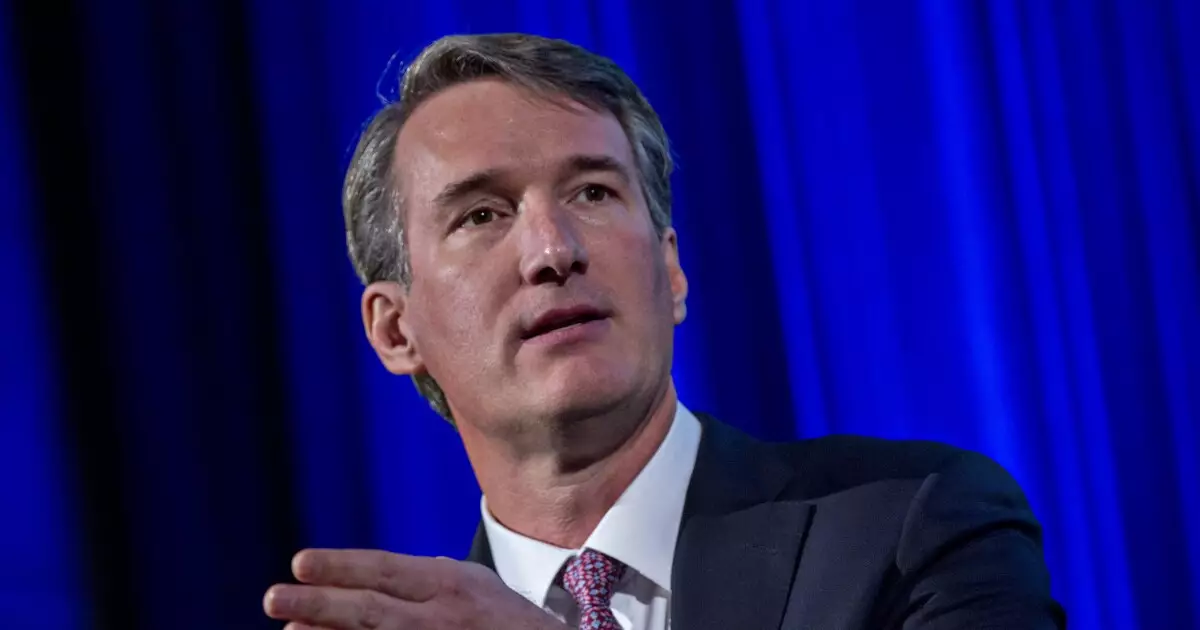The recent battle over the new budget in the Virginia General Assembly saw clashes between the state’s Republican governor and the Democratically controlled legislature over various issues, including environmental concerns, school funding, and pay-fors. Governor Glenn Youngkin and the legislature have been at odds over key aspects of the budget, such as the state’s participation in the Regional Greenhouse Gas Initiative and the allocation of funds for education. Despite these differences, both parties have expressed a commitment to delivering a budget that meets the needs of all Virginians.
The bond rating agencies have been closely monitoring the budget process in Virginia, but they remain confident in the state’s ability to meet its financial obligations. Virginia’s triple-A long-term issuer rating has been deemed solid by experts like Michael D’Arcy from Fitch Ratings. While the budget negotiations may have caused some delays and uncertainties, the overall creditworthiness of the state is not seriously threatened.
Controversial Budget Proposals
One of the contentious issues in the budget negotiations is the proposal to include a 3% raise for teachers, state employees, and education funding. To offset the costs associated with these increases, the state has considered imposing taxes on digital downloads and expanding the tax base for businesses. Governor Youngkin’s plan includes personal income tax cuts to balance out the additional charges, but the legislature has been hesitant to approve these cuts in previous debates.
Virginia, like many states, faces the challenge of dealing with a budget surplus. The state is expected to have over $5 billion in rainy-day funds by June 30, a significant increase from previous years. While some states opt to return surpluses to taxpayers through tax cuts, Virginia’s approach to managing excess funds remains a point of contention among lawmakers and financial analysts.
The timeline leading to the special session for approving the budget has been marked by twists and turns, with Governor Youngkin’s ambitious public-private partnership proposal causing significant disruptions. Failure to approve a budget on time could lead to a government shutdown, highlighting the importance of reaching a consensus before the start of the new fiscal year on July 1. State pensions have also been a concern in Virginia’s budget history, with past struggles to make full contributions during financial challenges.
The budget negotiations in the Virginia General Assembly have been characterized by disagreements and uncertainties, but there is a shared commitment to delivering a budget that meets the needs of the state. While challenges remain, including contentious proposals and past budgetary issues, both the governor and the legislature are working towards a resolution that ensures financial stability and addresses key priorities for Virginians. The upcoming special session will be crucial in finalizing the budget and setting the state on a path towards economic recovery and growth.

